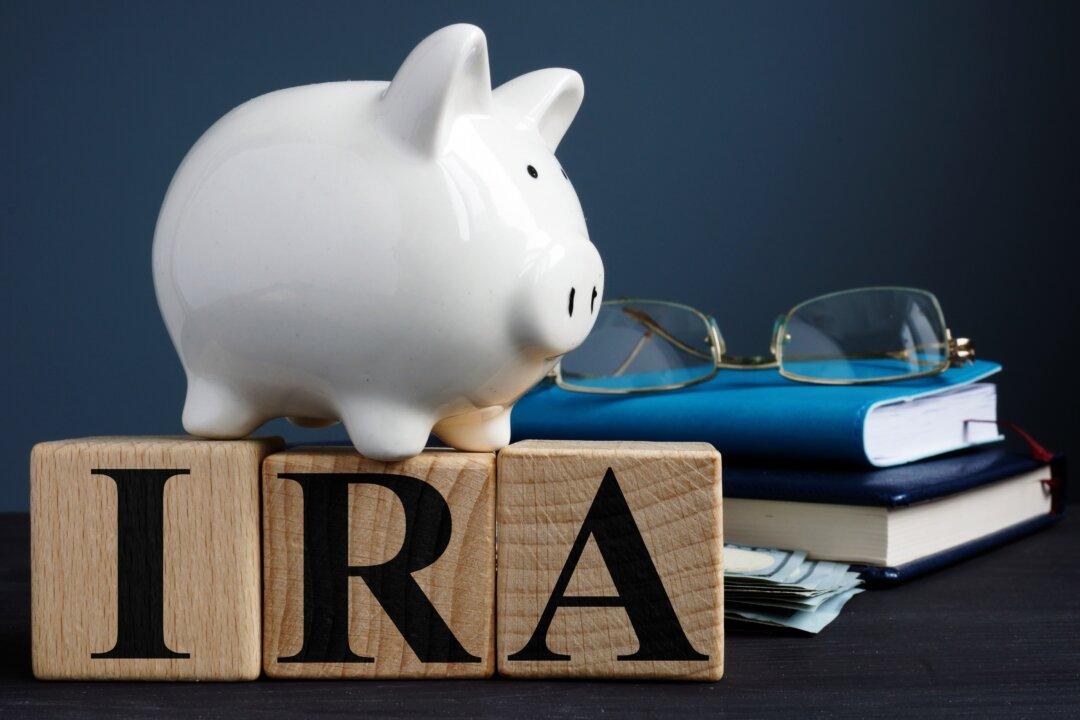As a last resort, many people file for bankruptcy when they are faced with overwhelming debt. In fact, 486,613 people filed for bankruptcy in 2024—up 16.2 percent from the previous year. In addition to 464,553 filings by non-business entities, 22,060 were filings by business entities.
However, those nearing retirement or with significant savings wonder how bankruptcy will affect their retirement accounts. The good news is that retirement accounts are generally protected assets, and this article will explain how they are handled during bankruptcy.
Bankruptcy Basics: An Overview
During bankruptcy, individuals who have overwhelming debt have the option of eliminating it or reorganizing it. The two primary types of bankruptcy for individuals in the United States are Chapter 7 and Chapter 13.- Chapter 7 Bankruptcy: Known as “liquidation bankruptcy,” Chapter 7 involves selling non-exempt assets to pay creditors. Some assets, however, are exempt, meaning they can’t be liquidated. In most cases, bankruptcy does not affect retirement accounts like 401(k), 403(b), and pension plans. Although individual retirement accounts (IRAs) and Roth IRAs have an exemption cap, they also benefit from protection.
- Chapter 13 Bankruptcy: In Chapter 13, the debtor reorganizes his or her debts and creates a structured repayment plan that lasts three to five years. Individuals retain their assets through this type of bankruptcy, including retirement accounts. When you have a high disposable income and don’t qualify for Chapter 7 but prefer to keep your property while gradually paying off your creditors, Chapter 13 is a good option.






